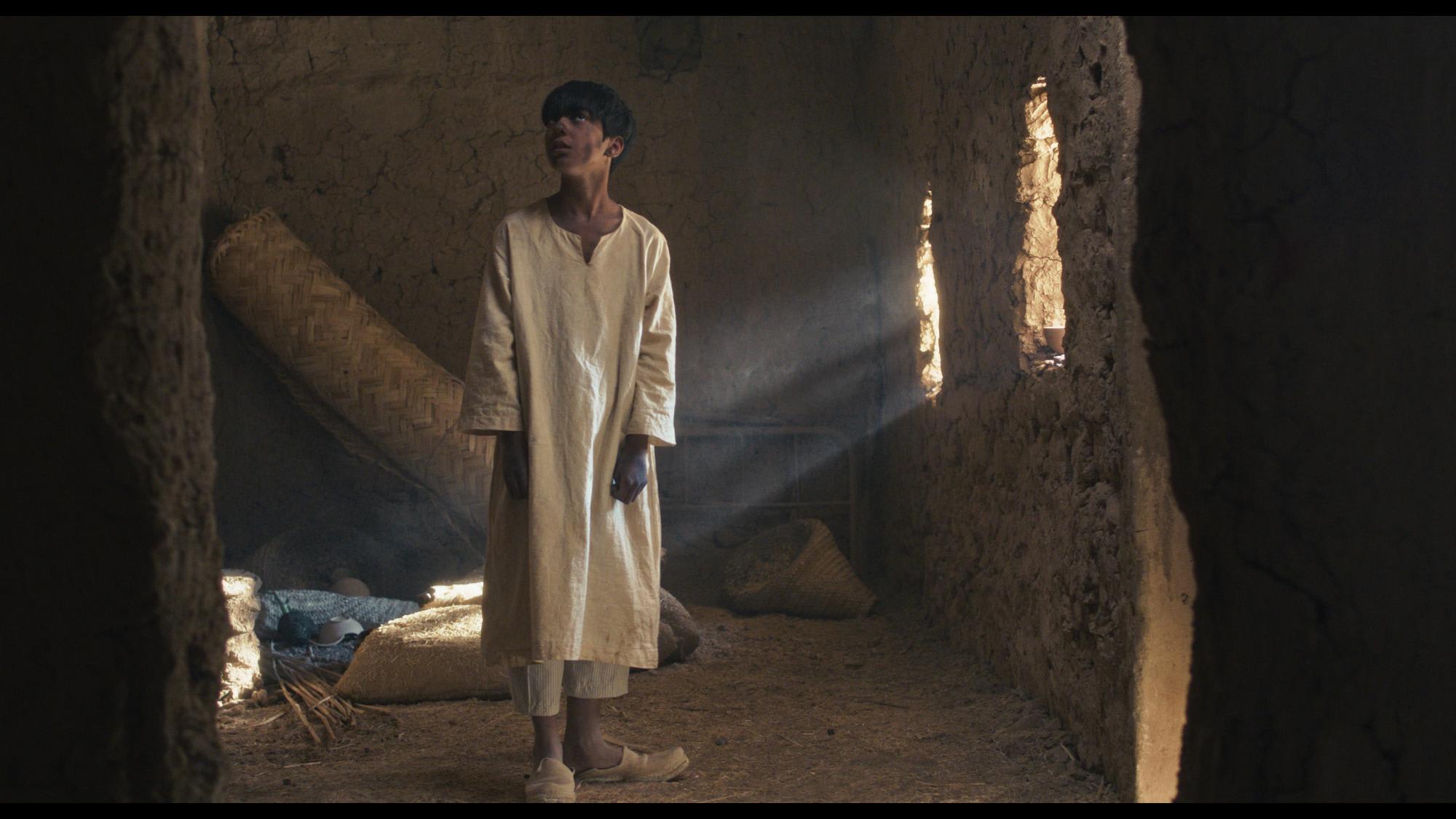The movie "Anasheed Adam" steps onto Iraqi screens amidst anticipation and challenges.

The Iraqi film "Anasheed Adam," written and directed by Adi Rashid, has premiered in local cinemas, sparking questions about the audience's acceptance of philosophical films that deviate from the traditional commercial style.
The film has garnered significant critical acclaim since its screening at the Red Sea Film Festival in Saudi Arabia last December, where it won the Best Screenplay award. It has been praised by Iraqi and international critics, with some considering it a cinematic work worthy of global recognition.
Challenges Facing the Film
Despite the positive reviews, "Anasheed Adam" faces challenges in attracting the Iraqi audience due to the scarcity of local films in recent years, resulting in a lack of a regular fan base accustomed to following local cinematic productions. Additionally, cinema attendance in Iraq is limited, and official ticket sales statistics are unavailable, unlike countries where cinema enjoys widespread interest.
Furthermore, the film's unconventional philosophical nature, departing from the traditional plotlines of conflict or social drama, follows a story of a child named Adam (portrayed by Iraqi actor Azam Ahmed in his debut role) who decides to slow down his heartbeats to remain a child while aging those around him over seven decades (1946–2014), in a narrative that raises existential questions about death, time, and escaping maturity.
Potential for Change in the Scene
However, the film relies on extensive media coverage and its release coinciding with the film "Regret," expected to draw part of the audience back to cinemas, potentially boosting ticket sales in the near future.
Film Dimensions and Symbols
The film leaves viewers with deep impressions and open questions, particularly about human desire to resist death and fear of the unknown. The work is interpreted as a symbol of the impact of time and historical events on Iraqi society, which has suffered from wars and turmoil.
Filmed in one of the villages overlooking the Euphrates River, the movie adds a visual dimension reflecting the struggle of nature against harsh reality.
About the Director
Adi Rashid (born 1974) is a director, writer, and film critic who graduated from the College of Applied Arts in Baghdad and studied cinema at the College of Fine Arts. He has several short and narrative works, including "White Clay" and "Carnetina," before moving to reside in New York. "Anasheed Adam" is considered a new addition to his distinguished cinematic career.